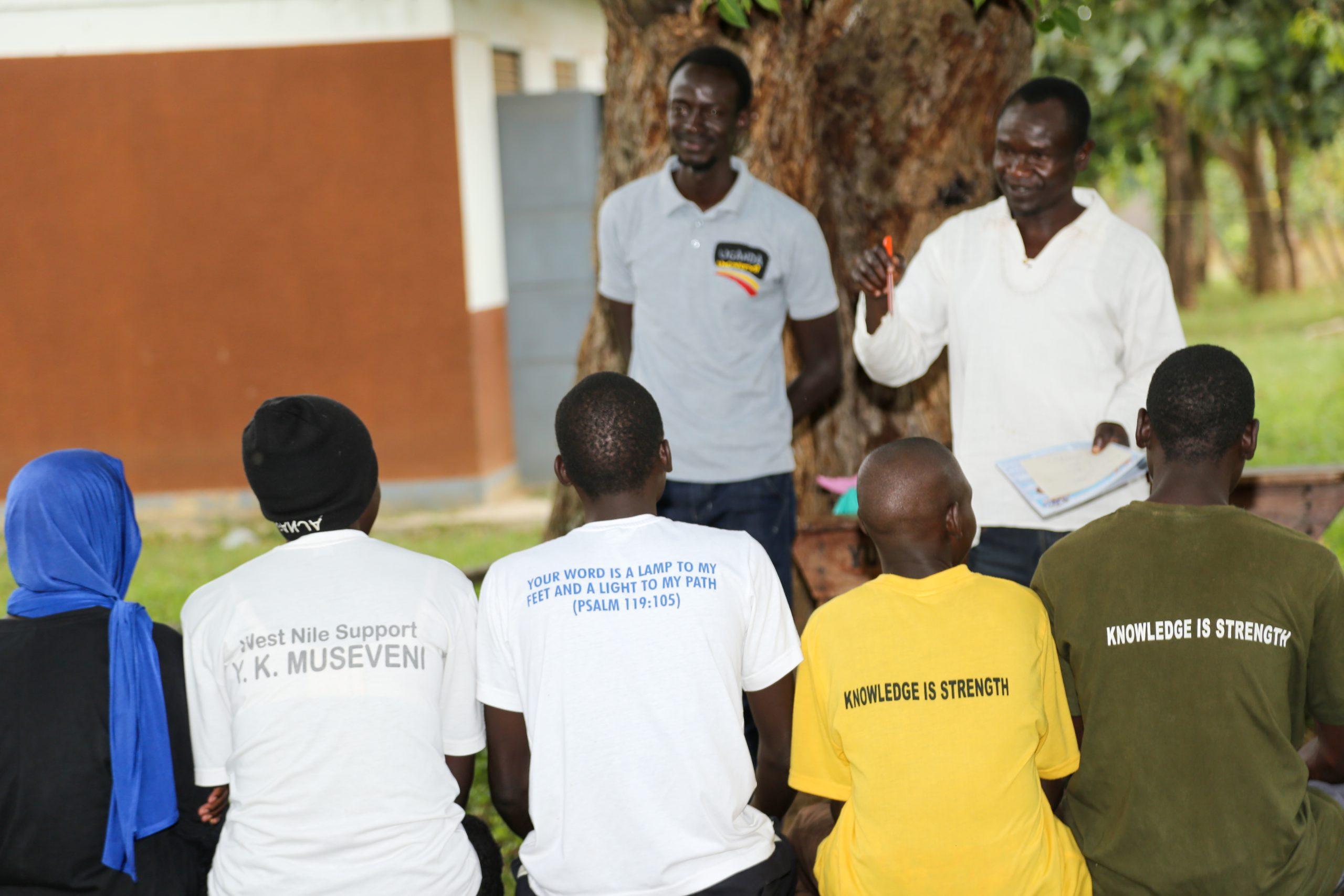
Our Projects
Current Projects
Completed Projects
The Nested Savings Learning Center Project
The Nested Savings Learning Center Project is one example of the impact we can make. We have deployed $7,800 to fully renovate a library that will lay the foundation for initiatives to minimize illiteracy and dropout rates in the area. The solar-powered facility will offer students a safe place to study and find support, as well as host workshops to empower young people with skills and knowledge. We need your help to raise $15,102 by February 1, 2024 to renovate, furnish, and stock this vital resource for the community.


The Peace First Environmental Project
Through our "Peace First" project, we are training young people in climate change practices and advocating for tree planting to address the environmental impact of cutting down trees for fuel. Our unique partnership approach focuses on building relationships with stakeholders and deploying non-grant funding for maximum impact.

Village Egg Bank in Egg Currency (VEBEC)
In addition, our Village Egg Bank in Egg Currency (VEBEC) Project is helping to address the increased poverty rates caused by inconsistent rainfall patterns in the region. We are working with the community to create a self-sustaining solution that provides a source of income and food security.
Nested Savings Partners with ECOTRUST to Launch Environmental Protection Project
In April, 2015, Nested Savings Uganda launched a new initiative in partnership with ECOTRUST Uganda. In partnership, we distributed Solvatten Solar Safe Water Systems to people in Northwestern Uganda. The highly subsidized (from $100+ to $15 each) water heating and purification device reduced the burning of charcoal and firewood during cooking and thus contributed to environmental conservation. The device provides safe drinking water to reduce waterborne and water-related diseases, affords users extra productivity hours since they will no longer have to travel to buy charcoal or firewood. Additionally, it saves money since users are less likely to incur medical costs associated with prevalent waterborne diseases like Typhoid Fever.

